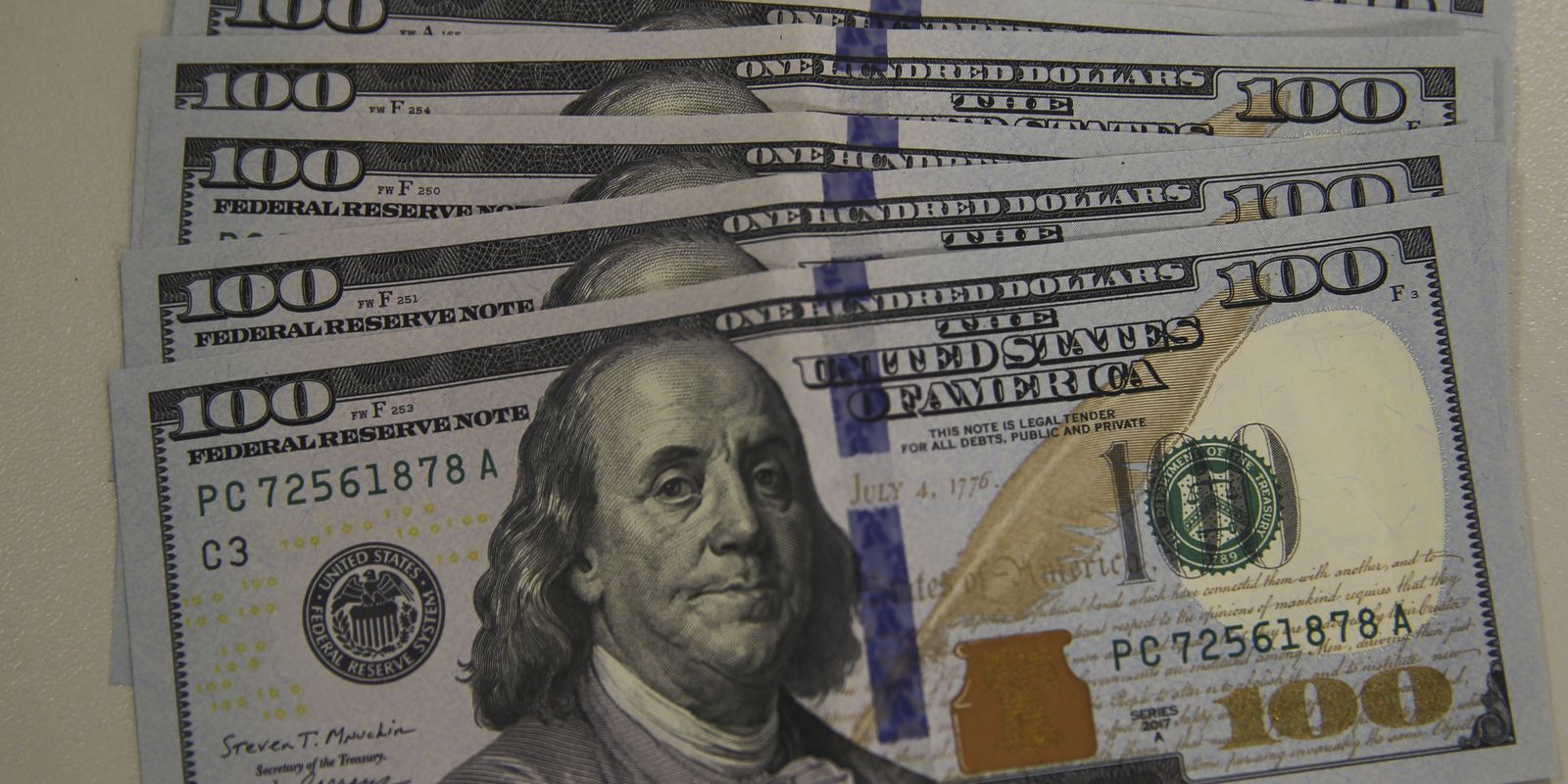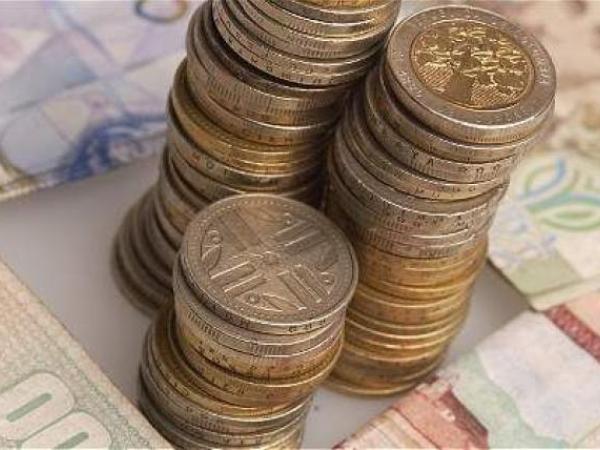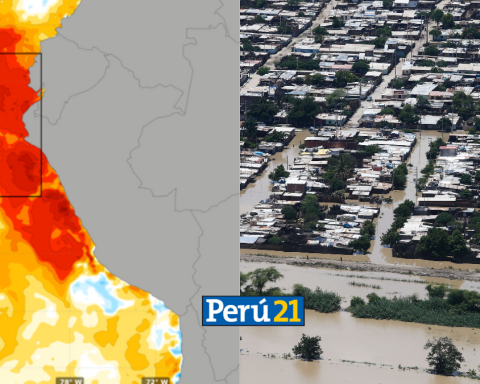A series of international factors, particularly in the United Kingdom, disrupted the financial market on the eve of the October 12 holiday. The dollar had a strong rise and approached R$ 5.30. The stock market had its third consecutive fall and closed below 115,000 points.
The commercial dollar ended this Tuesday (11) sold at R$5.272, up by R$0.082 (+1.57%). The quotation operated for most of the day at around R$ 5.20, but accelerated after the president of the British Central Bank, Andrew Bailey, informed that he intends to end the program for the purchase of public bonds in the United Kingdom this Friday ( 14).
The statement also weighed on the stock market. The B3 Ibovespa index closed at 114,827 points, down 0.96%. During the afternoon, the indicator had recovered, and was operating at a slight low, but plummeted after the British Central Bank’s announcement.
The end of monetary stimulus in the United Kingdom has put a strain on the global financial market. The indication that the British monetary authority intends to toughen the fight against inflation has raised the fear that pension funds will not be able to honor their commitments and cause a ripple effect in funds from other developed countries.
The fear of a global turmoil in the financial market reinforced expectations that the Federal Reserve (Fed, US Central Bank) will keep interest rates high for longer. Higher interest rates in advanced economies encourage the flight of resources from emerging countries such as Brazil.
At the same time, the intensification of tensions in Eastern Europe weighed on the financial market, with Russia returning to bomb several Ukrainian cities. The attacks came in retaliation for the partial destruction of a bridge in Crimea last weekend.
The prices of a barrel of oil fell again, for fear of a global recession. Today, the International Monetary Fund (IMF) updated forecasts and announced that a third of countries are expected to enter recession in 2023, especially Germany, Italy and Russia. According to the IMF, the United States, the European Union and China are likely to face stagnation next year.
*with information from Reuters















